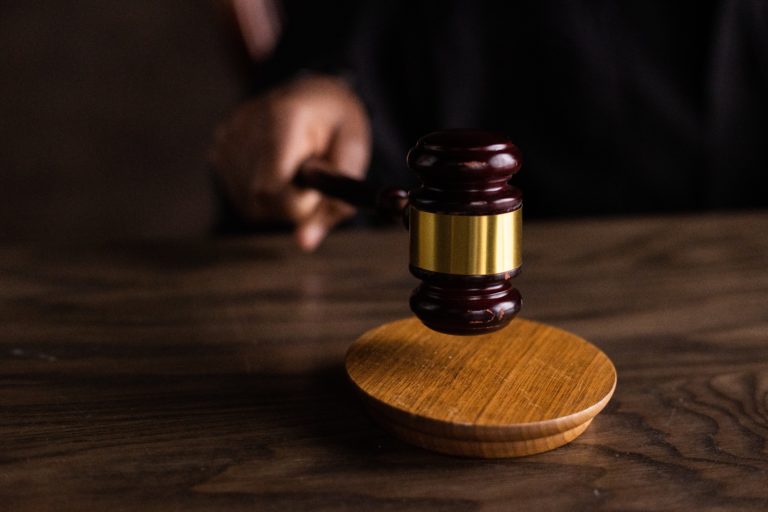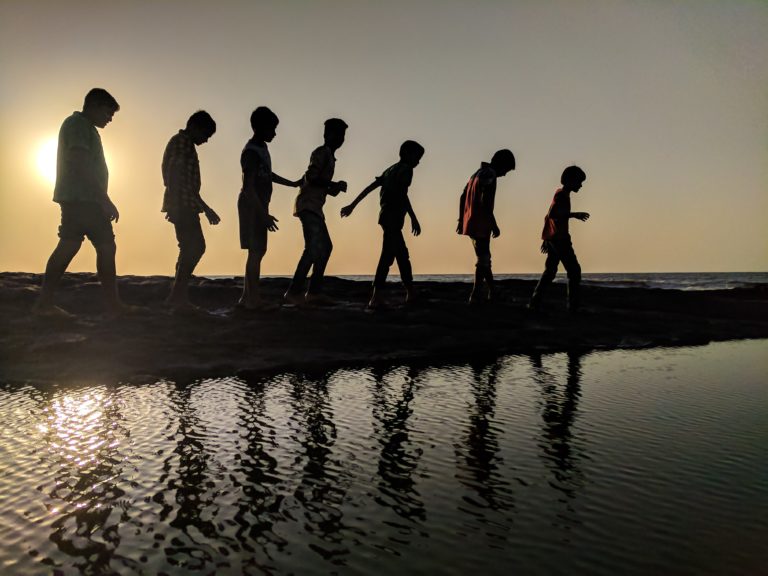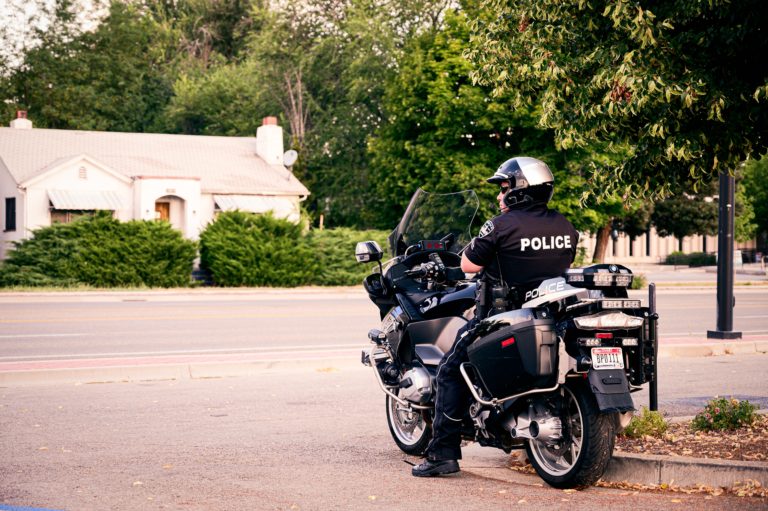If Your Provisional Waiver Is Denied
If you are an immigrant in the United States and you have remained in the U.S. beyond the expiration date of your visa, it’s important that you to speak with a Dublin immigration attorney as soon as possible.
You may not have to leave the U.S. as you may be able to obtain a “provisional waiver” of unlawful presence and even apply for a green card. But what if your application for a provisional waiver is denied? What are your options?
In 2013, the Department of Homeland Security (DHS) began issuing provisional waivers of inadmissibility for unlawful presence to immediate relatives of U.S. citizens.
In 2016, the eligibility for those waivers was expanded to include specified other relatives of U.S. citizens and lawful permanent residents.
Why was it deemed necessary to issue provisional waivers of inadmissibility for unlawful presence, and who qualifies for one?
The waivers were deemed necessary because of an unanticipated consequence of the Illegal Immigration Reform and Immigrant Responsibility Act of 1996.
What Happened After the 1996 Reform Act Became Law?
Under that statute, immigrants who are unlawfully present in the U.S. (who have “overstayed” a visa) for more than 180 days but for less than one year, and who leave the United States voluntarily, automatically become inadmissible for re-entry for three years from date of departure, and an immigrant who is unlawfully present for one year or more is inadmissible for ten years.
Although the statute was meant to deter illegal immigration, what happened is that some immigrants grew fearful of leaving the U.S., knowing that they could not return to their family members for three, or in some cases ten, years.
Provisional waivers have been granted since 2013 so that eligible individuals in the United States with expired visas may request a waiver of unlawful presence without first having to leave the country.
Provisional waivers “encourage unlawfully present individuals to leave the United States, attend their immigrant visa interviews, and return to the United States legally to reunite with their U.S. citizen or lawful permanent resident (LPR) family members,” according to the Department of Homeland Security.
What Is the Advantage of Requesting a Provisional Waiver?
Because eligible immigrants may apply for the provisional waiver while they remain in the United States, it’s also referred to as a “stateside waiver.”
An immigrant who is petitioning for a provisional waiver will receive a decision in just several months and will be allowed to stay in the U.S. until that determination is made.
The U.S. Citizenship and Immigration Services (USCIS) website explains:
“The provisional unlawful presence waiver process allows those individuals who are statutorily eligible for an immigrant visa (immediate relatives, family-sponsored or employment-based immigrants as well as Diversity Visa selectees); who only need a waiver of inadmissibility for unlawful presence to apply for that waiver in the United States before they depart for their immigrant visa interview.
This new process was developed to shorten the time that U.S. citizens and lawful permanent resident family members are separated from their relatives while those relatives are obtaining immigrant visas to become lawful permanent residents of the United States.”
What If Your Provisional Waiver Request Is Denied?
Unfortunately, many immigrants who request a provisional waiver with Form I-601A (“Application for Provisional Unlawful Presence Waiver”) will not be granted that waiver.
Moreover, there is no appeals process, so it is imperative that your Form I-601A is accurate and complete the first time you submit it. A $600 filing fee (as of 2017) must be included with Form I-601A, and applicants younger than age 79 must also include an $85 biometric fee.
If you’ve stayed in the U.S. beyond your visa’s expiration date and you need to request a provisional waiver, an experienced immigration lawyer can ensure that your Form I-601A is accurate and complete. Our Dublin immigration lawyers at Shihab Burke, LLC, Attorneys At Law can help you with this process.
Although there are no appeals for rejected provisional waiver applications, an immigrant may submit a second provisional waiver application – and a second set of fees – if there are new developments or if you obtain new information to support your request or to show that denying your provisional waiver would mean “extreme hardship” for your qualifying U.S. relative(s).
If you’ve been denied a provisional waiver, you should reapply immediately if your situation changes in a way that causes your U.S.-citizen parent, spouse, or child to suffer hardship.
If your spouse becomes unemployed, or if your parent develops a medical problem and needs you in the U.S., submit a new Form I-601A to USCIS.
If your request for a provisional waiver is rejected, but you want to move forward with the immigrant visa application process, you will need to leave the United States and have your immigrant visa interview at a U.S. consulate or embassy in your home nation.
You may then request a waiver of inadmissibility with Form I-601. However, if this request is rejected, you may be separated from your family members and unable to return to the U.S. for either three or ten years.
What If You Overstay a Visa and Do Nothing?
On the other hand, if your petition for a provisional waiver is rejected, you may choose not to do anything at all. Unless immigration authorities believe that you are a criminal or a security threat, you won’t be at any additional risk for removal.
If you are in this country without authorization, it’s always possible that you will attract attention from immigration authorities, and that is a risk you should not take.
There may be alternatives that will work in your particular circumstances, such as applying for cancellation of removal or seeking asylum or Temporary Protected Status.
Whatever your personal circumstances might be, if you have overstayed your nonimmigrant visa, it’s imperative to obtain the insights of an experienced Dublin immigration lawyer.
Need Help?
We encourage you to seek the guidance of our experienced Dublin immigration attorneys at Shihab Burke, LLC, Attorneys At Law to address any questions you may have about your specific immigration case and explore any options you may have in case you’ve overstayed your visa.
Contact us today! We are here to help.






